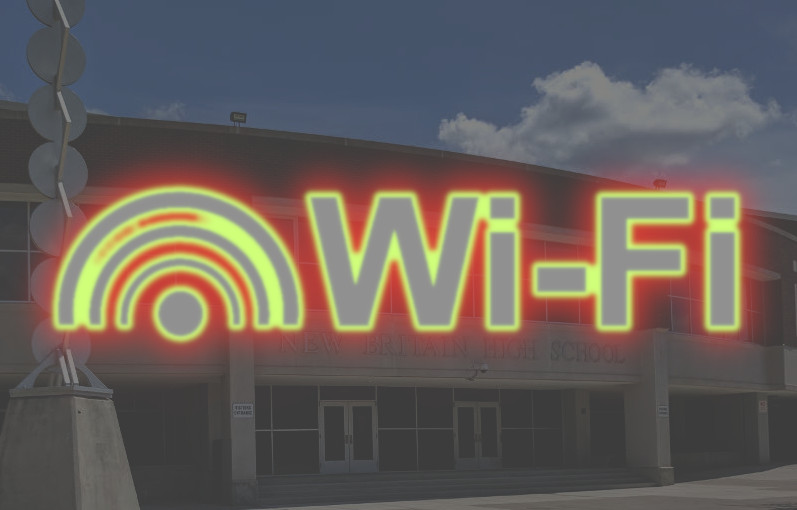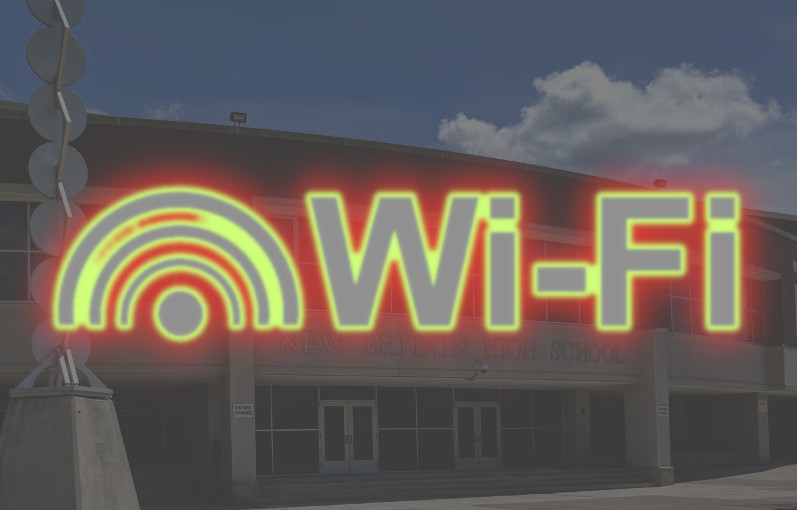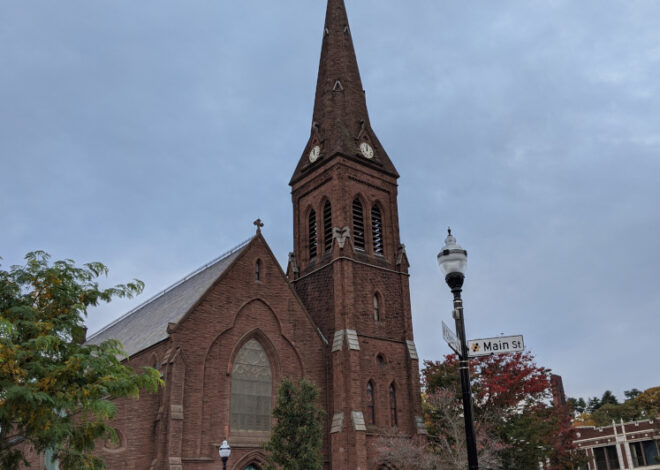Against a backdrop of what many see as lost opportunity for educational access that would have come from free wi-fi in poor neighborhoods, the school district and local business leader, Art Schaller, have created a temporary solution.

With the extended closure of school buildings because of the COVID-19 pandemic and teaching being moved online, the need for high-speed internet access for all of the city’s children has become acute.
Starting two years ago, Ald. Aram Ayalon (D-3) has been pressing for city planning around the concept of providing free wi-fi access in poorer neighborhoods, such as the North-Oak and Arch Street areas. At that time, he said that, “Wi-Fi is available to those who can afford it, but many people do not have access to it.”
Ayalon and fellow Third Ward City Council member, Ald. Iris Sanchez (D-3), recently renewed the call for information on how providing free Wi-Fi in low income areas of the city might be accomplished.
That the city had not followed through since 2018 with providing more free wi-fi in low income areas of the city has been seen by some as a lost opportunity for educational access that is now sorely missed during the present COVID-19 crisis.
Now, with lack of internet access remaining an obstacle to education for a thousand New Britain students, the school district has announced that it,
in partnership with Schaller Auto, will be deploying dozens of vehicles equipped with Wi-Fi hotspots throughout New Britain to provide internet access for students who have not been able to regularly engage in online learning, known as Continued Educational Opportunities (CEO).
“Our primary goal during this time,” said schools Superintendent Nancy Sarra, “is to ensure that our students are engaged with their teachers, but unfortunately, many students have been unable to do so because they can’t connect to a Wi-Fi network.”
The school district says that it has created, “2,700 virtual classrooms,” using Google Classroom since March 30, 2020, including 90% of its students. But the district says that, “there are still more than one thousand students (about 10%) who have found it challenging to connect due to the lack of internet access in their homes.”
The temporary solution that the school district was able to achieve, Sarra said, was to acquire wi-fi hotspots. But, she said, “we still needed a method to distribute the internet into the neighborhoods.
“That,” she said, “is where Art Schaller stepped in, graciously offering to utilize his vehicles and staff to help us ensure that all our students have access to the internet for the remainder of this school year.”
“When I heard that there were more than 1,000 students who did not have internet access,” Schaller said, “I knew right away that we had to do something to help.”
“Now,” Schaller said, “thanks to our staff who have volunteered to deploy Wi-Fi to city neighborhoods for the remainder of the school year, these students will be able to receive the same education their peers are getting. We are incredibly proud and thankful for this opportunity to help the school district.”
The school district says that it, “is currently in the process of acquiring the hotspots and will configure them to require passwords to connect. This information will be communicated to those families without internet access, which will allow them to use both school-distributed devices as well as family-owned devices.”
“Once the networks are configured and installed in the vehicles,” said the school district, “staff from Schaller Auto will drive to neighborhoods lacking internet access, which were identified through surveys and internal data. They will remain there Monday through Friday during specific parts of the school day. These timeframes will be conveyed to families, so they know when they can connect.”
The school district says that it is expected that the wi-fi hotspots will be in place by mid-May.
Sarra thanked the school district’s technology team for their efforts, “to find a way to fix this problem,” noting that they, “would not take no for an answer.”
But Sarra pointedly added that,
We understand that this is a temporary fix to provide Wi-Fi access to all New Britain students during the remainder of this virtual school year, but we know that we must find a more permanent solution so we can provide access and equity for all of our New Britain students.
Meanwhile. the response to Ayalon and Sanchez’ petition on free wi-fi submitted to the Council by city IT Department under the administration of Republican Mayor Erin Stewart was similar to one that was submitted by the city in 2018 in response to Ayalon’s earlier petition.
Both the 2018 and recent reports cited unit costs for expensive equipment, but vaguely left that the exact cost of the infrastructure to extend wi-fi coverage would need an analysis to determine.




